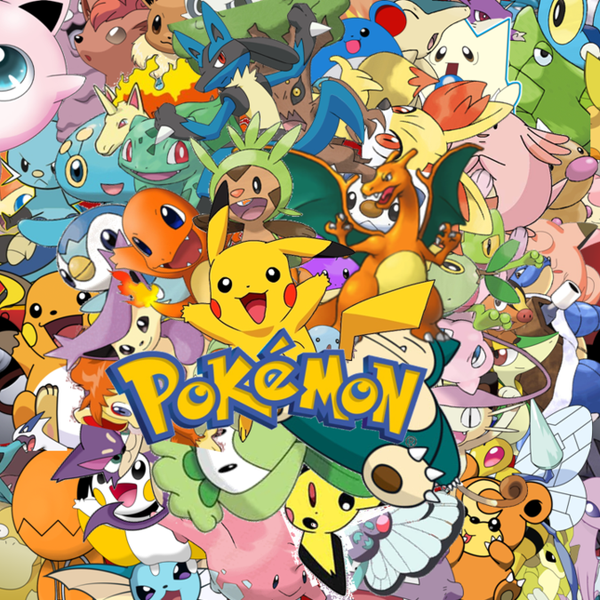Since its worldwide launch earlier this month, "Pokemon GO" has jumped to the top grossing and most downloaded free application on the App Store. Before seeing the numbers, I had a hunch this was the case when I drove through campus and saw a dozen different people “hunting” virtual Pokemon.
For the blissfully ignorant, "Pokemon GO" is a new smartphone app that utilizes your phone’s GPS and camera to capture virtual creatures at various locations. The app displays a three-dimensional map of the player's actual location and places Pokemon near and far, prompting users to wander all over creation and “catch ’em all.”
I’ve been known to rant about our attachment to our mobile devices before, and this is no exception. Nintendo, the app’s developer, has made big money by spinning the game as a way to get players off the couch and into the real world. In their eyes, this game is better than others because it influences its user to get some fresh air and exercise.
But gamers will be gamers, and many become too entranced by their magical Pokemon universe. Players all over the country pay more attention to their screens than the actual world in which they are roaming. Clearly, this has caused some accidents. People are crashing their cars, getting hit by cars and even walking off cliffs just to snag that elusive Charmander (that one was my favorite back in the late ‘90s).
As that local news channel so accurately reported, two men actually fell down a cliff while hunting these little monsters. And yes, “No texting and driving” has now evolved to “No Pokemon and driving.”
Here's a snapshot of a local newscast covering a teen who was hit by a car while using the app. Is it wrong to laugh? Because I did.
Aside from broken bones and a lawsuit, my problem with "Pokemon GO" is Nintendo’s decision to market is as a “get up and go” game. Admittedly, the game is pushing some people outside that may not have been there otherwise. But for many others, the game is just another excuse to whip out a smartphone pretty much anywhere. I’ve also noticed the app has an iPhone zombie effect on its victims. While passing through LSU’s campus, I saw many hunters (or is it trainers?) slowly pacing the streets and staring at their phones. At one point, there were groups playing on all four corners of an intersection where I was stopped. Thankfully, none of them blindly wandered into traffic.
Also, for those of you who hate corporate greed, prepare yourself for the new age of "Pokemon GO": ads. According to The New York Post, "Pokemon GO" could gross $1 billion within the next year if they play their cards right. Chain restaurants, retail stores and brands alike are ramping up to become actual locations in your alternate Pokemon universe. In the article, marketing expert Jarrod Moses says it perfectly.
“This is becoming like a second universe where consumers are more comfortable being marketed to,” he said.
That sentence frightens me slightly. In Nintendo's campaign, they refer to the game's use of an "augmented reality," and that is where I think the danger lies. To augment something means to increase something's value. Its synonyms include words such as amplify, build up and supplement. I guess I get nervous whenever someone starts talking about supplementing our immense, beautiful world with a smaller, virtual one.






















